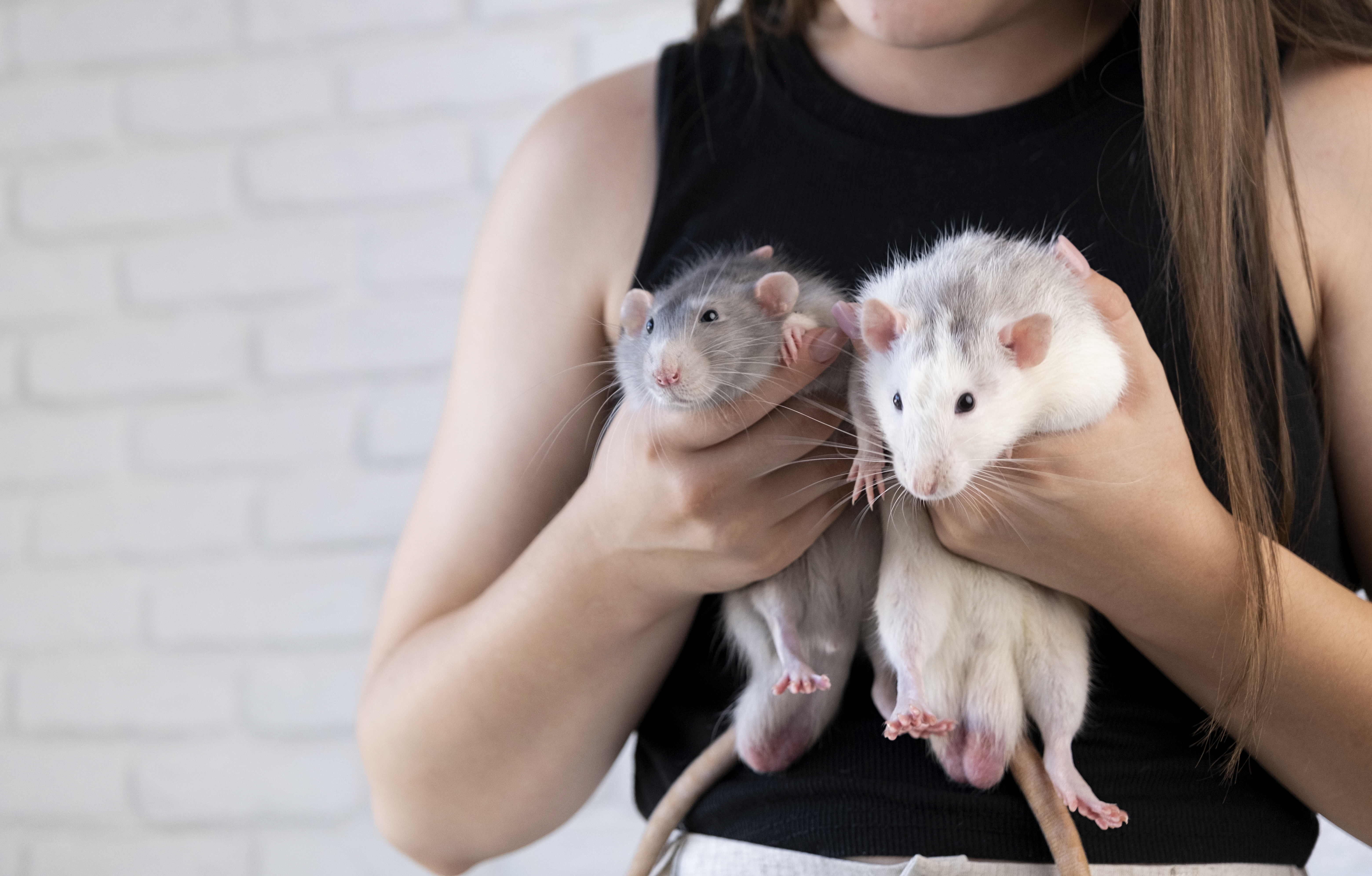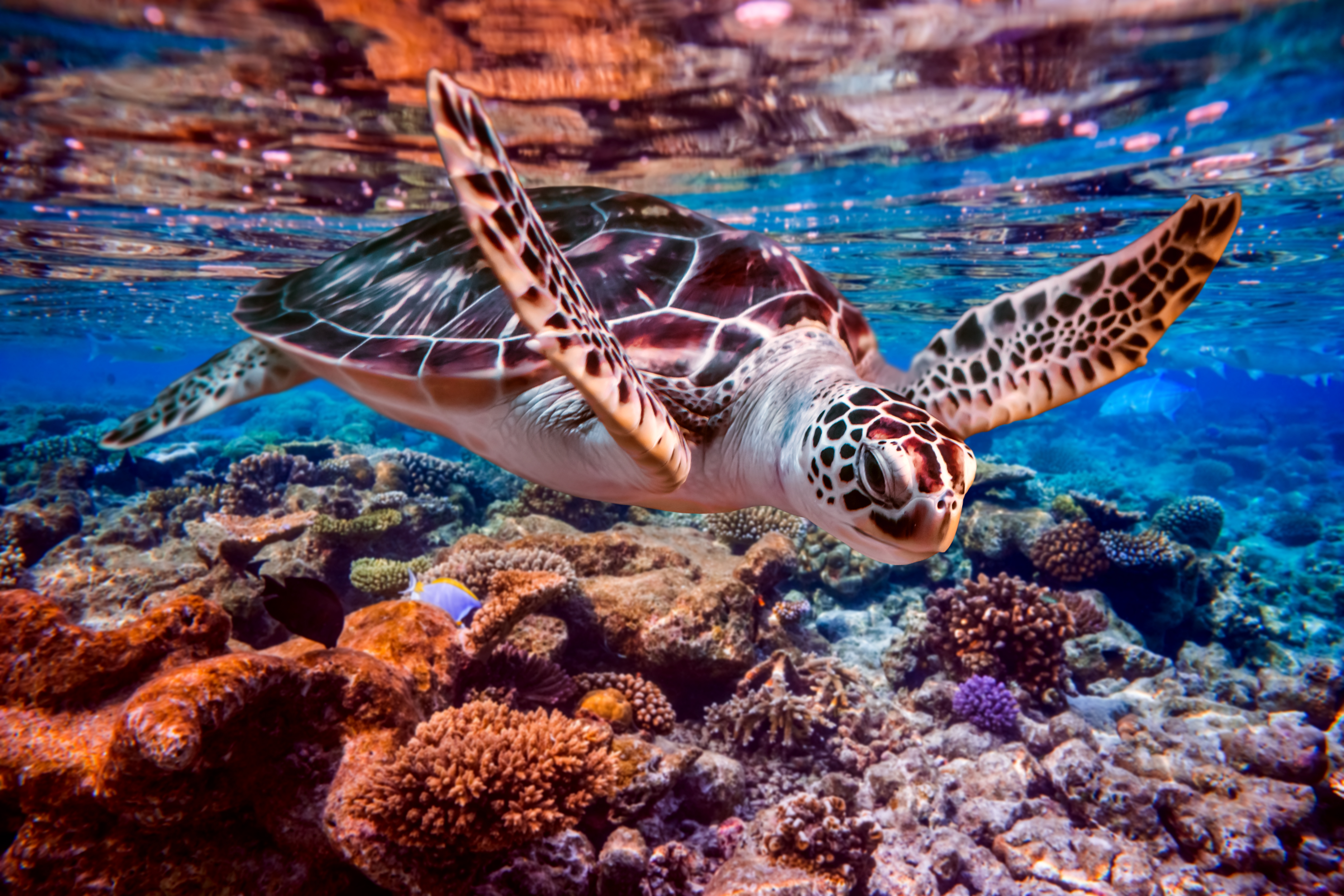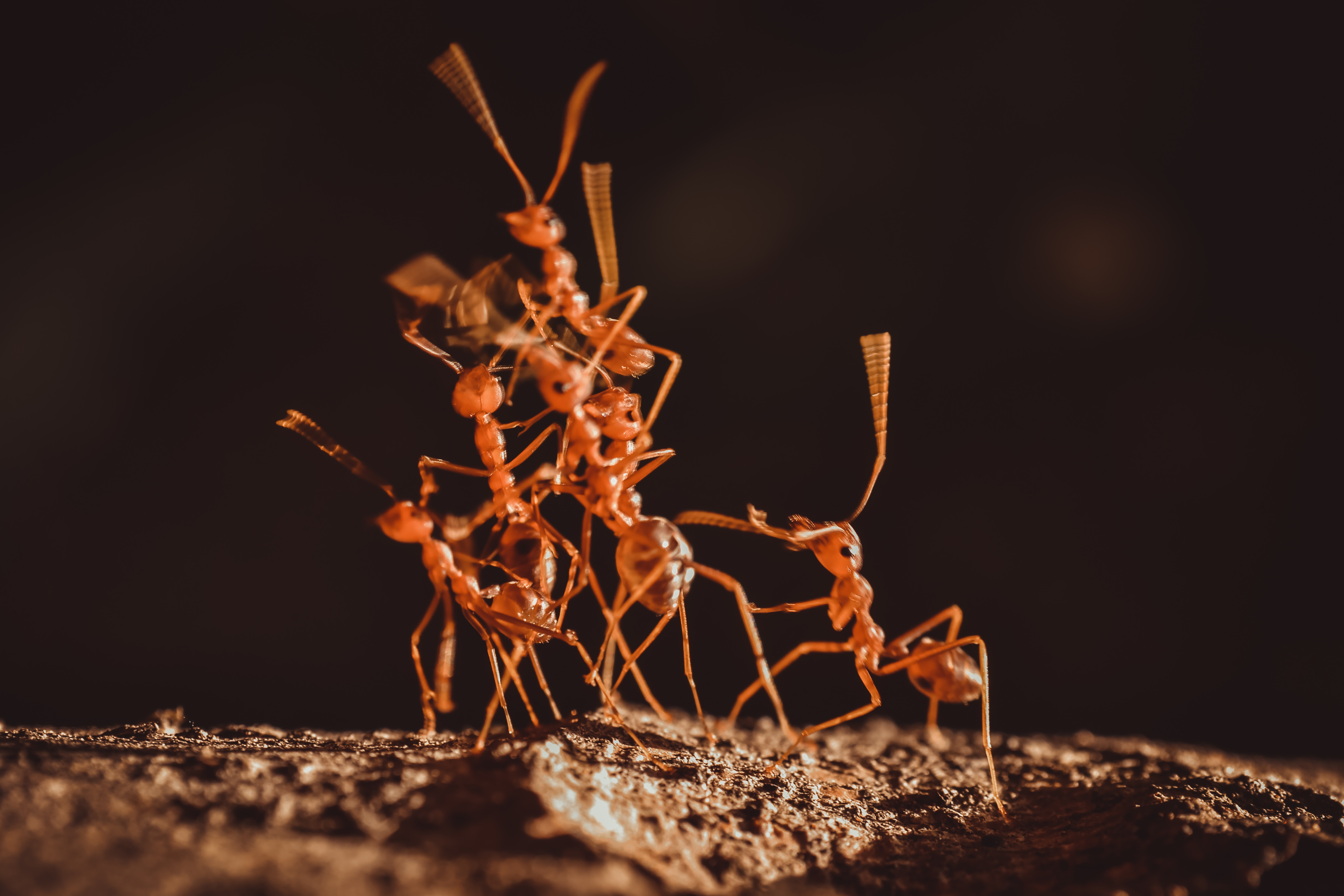7 Exotic Animals That Are Actually Legal to Own
In recent years, the fascination with owning exotic animals as pets has grown exponentially, fueled by social media, reality TV, and a desire for uniqueness in pet ownership. While many exotic animals are illegal to keep in private homes due to concerns over safety, conservation, and ethical treatment, there are still several species that can be legally owned under specific regulations. This article explores seven exotic animals that, surprisingly, are legal to own, offering insights into their care requirements, legal considerations, and the ethical implications of keeping such unique creatures as pets. Understanding these factors is crucial for anyone considering adding an exotic animal to their household.
The Majestic Fennec Fox
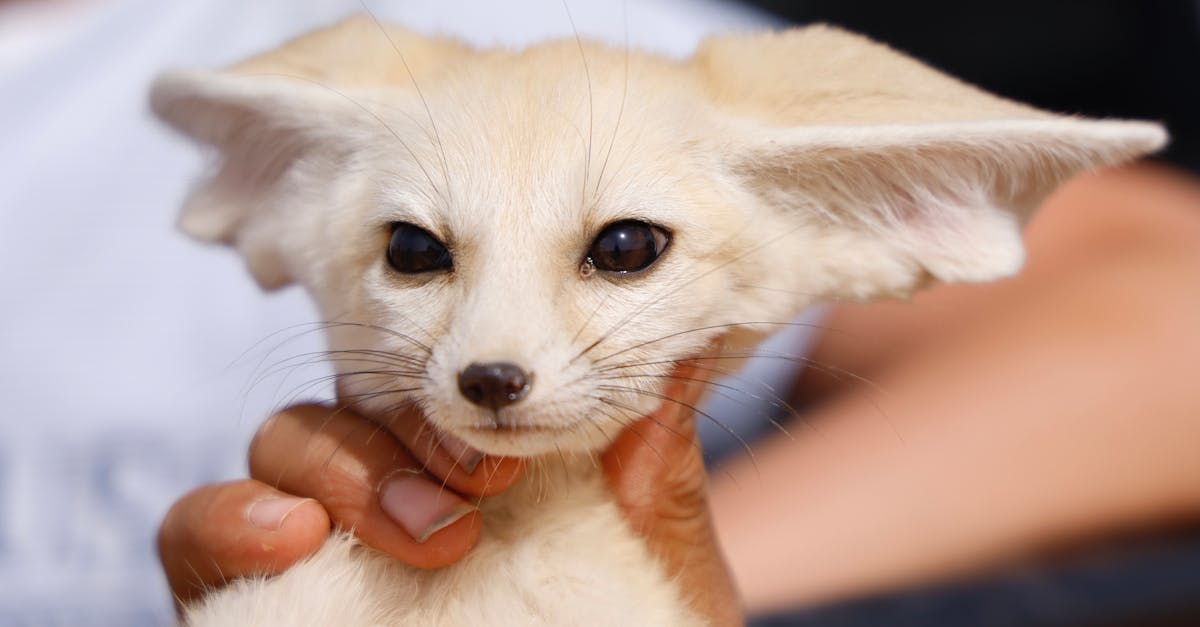
The fennec fox, with its large ears and playful demeanor, is a captivating creature native to the deserts of North Africa. Despite its wild origins, the fennec fox is legal to own in several U.S. states, including Nevada and Florida, provided certain conditions are met. These small foxes require a diet rich in protein and ample space to run and dig, mimicking their natural habitat. Prospective owners need to invest in secure outdoor enclosures to prevent escape and provide stimulation. While they can form strong bonds with humans, fennec foxes are not domesticated and may exhibit behaviors such as digging and nocturnal activity, which require patience and understanding from their owners.
The Enigmatic Sugar Glider
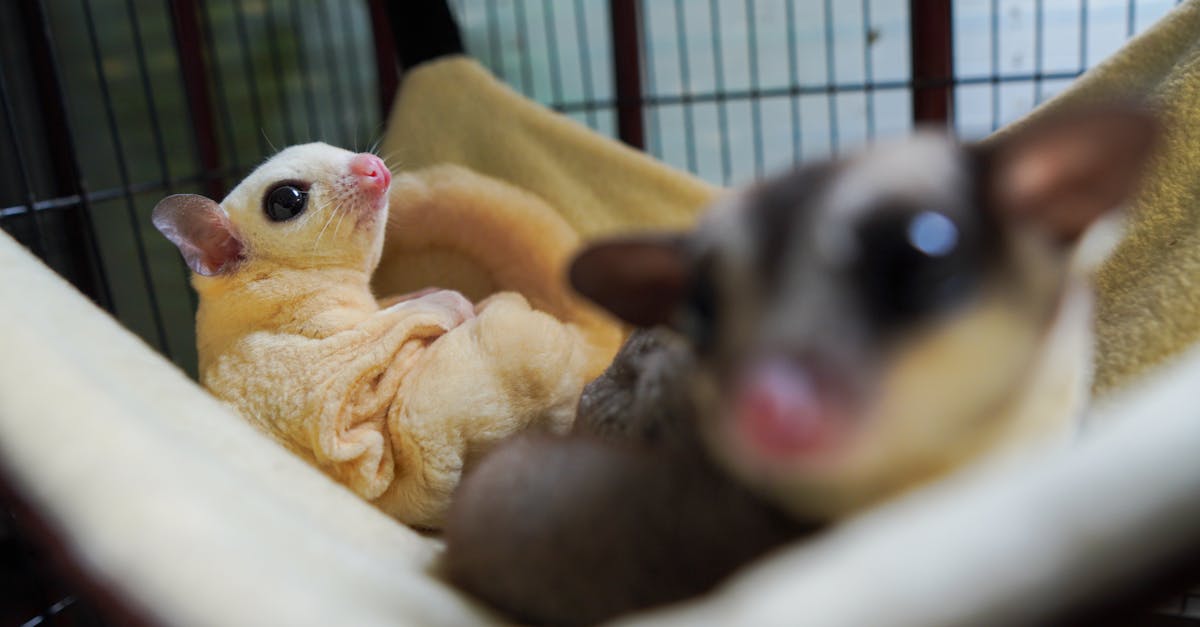
Sugar gliders, small marsupials native to Australia and Indonesia, have become popular pets due to their endearing appearance and gliding capabilities. Legal in most U.S. states, these nocturnal creatures require a specialized diet of fruits, insects, and nectar, alongside a spacious cage with plenty of climbing opportunities. Sugar gliders are highly social animals, thriving in pairs or small groups, which is a crucial consideration for potential owners. Their unique ability to glide using a membrane stretching from wrist to ankle adds to their charm but also necessitates careful handling and environmental enrichment. Owning a sugar glider demands commitment and understanding of their complex social and dietary needs.
The Vibrant Axolotl
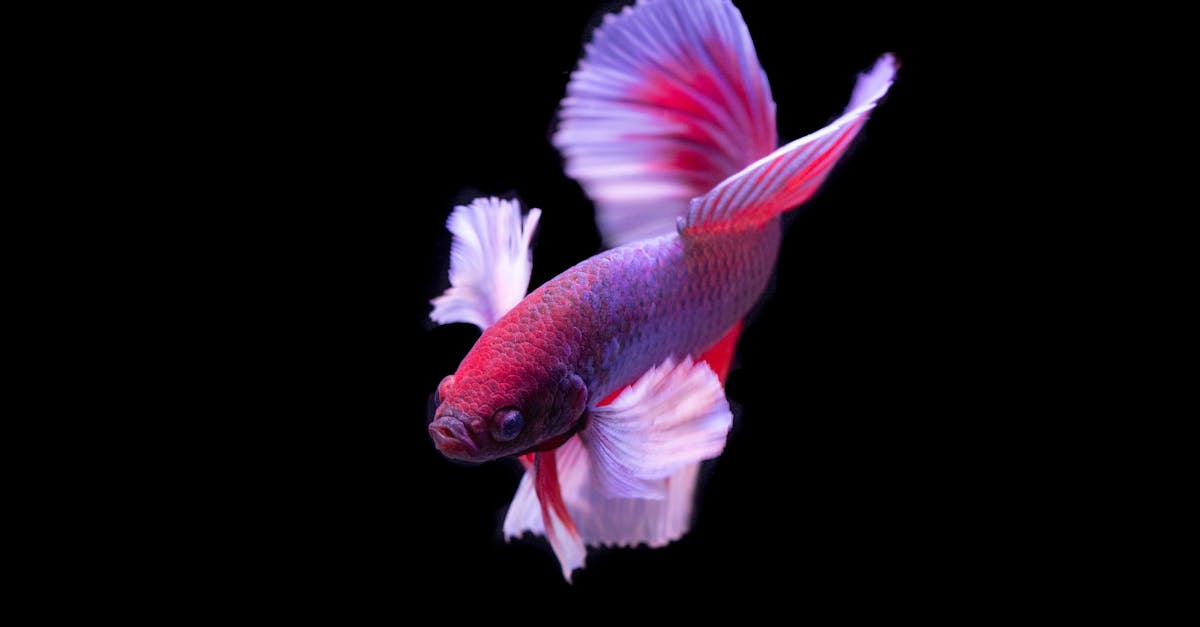
The axolotl, a type of salamander native to Mexico, is renowned for its regenerative abilities and distinctive appearance, characterized by feathery gills and a perpetual smile. Legal to own in many parts of the world, including the U.S., axolotls require a carefully maintained aquatic environment with specific water quality parameters to thrive. These fascinating amphibians are sensitive to temperature changes and require a diet of worms, small fish, and specially formulated pellets. While axolotls are relatively low-maintenance compared to other exotic pets, they are a long-term commitment, often living over a decade in captivity. Their unique biology and captivating looks make them a popular choice for aquarium enthusiasts.
The Curious Capybara
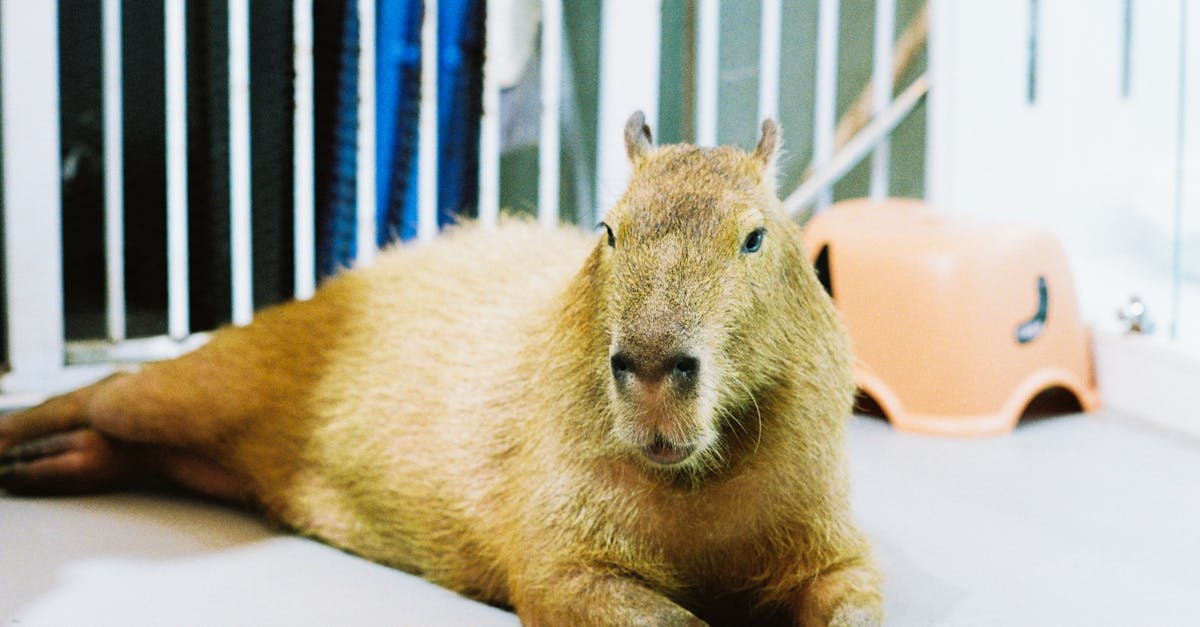
Capybaras, the world's largest rodents, are native to South America and are legal to own in some U.S. states, such as Texas and Pennsylvania. Known for their gentle demeanor and social nature, capybaras require a large outdoor space with access to water for swimming, as they are semi-aquatic animals. Their diet consists mainly of grasses, fresh vegetables, and specially formulated rodent pellets. Capybaras are highly social creatures, often living in groups in the wild, so prospective owners should consider adopting more than one to prevent loneliness. Their friendly nature makes them appealing pets, but their size and care requirements mean they are best suited for owners with ample space and resources.
The Exotic Serval
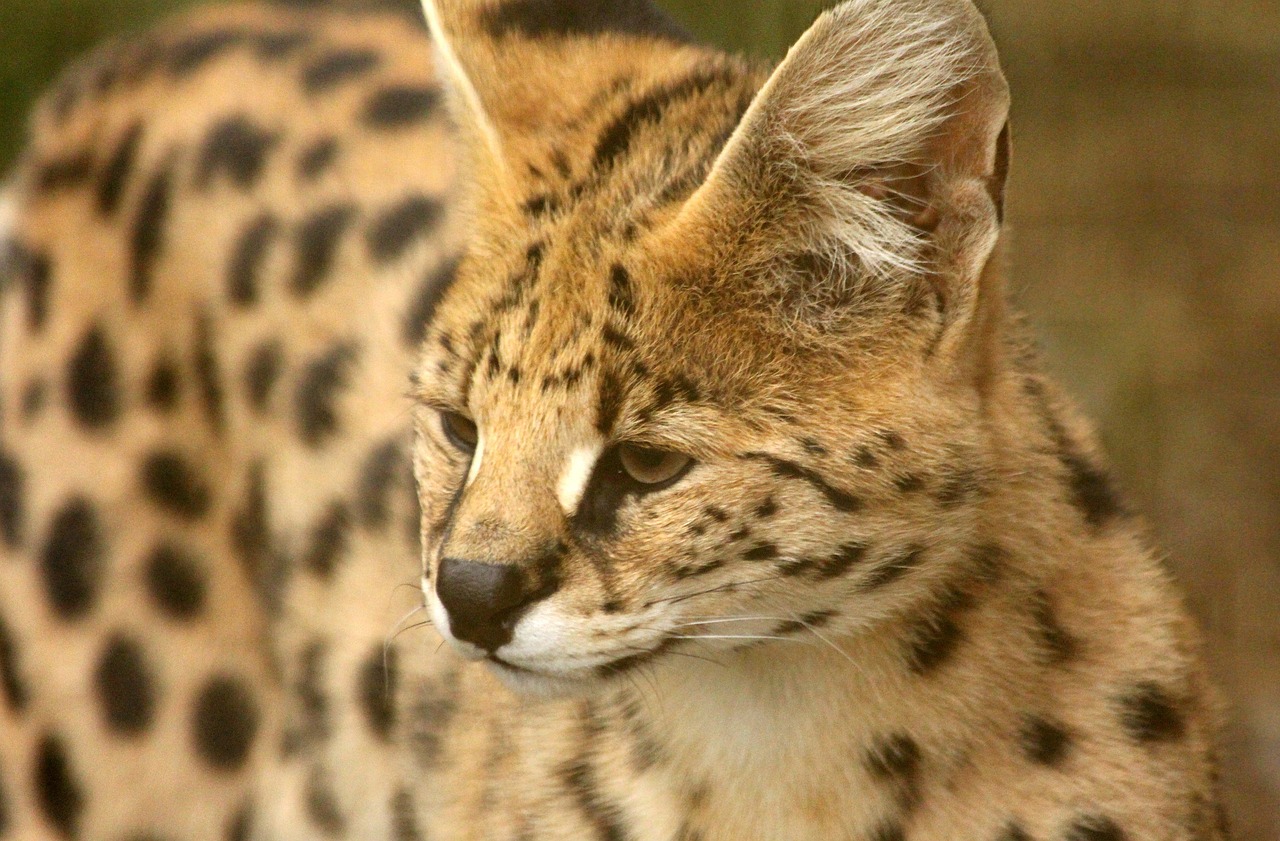
The serval, a medium-sized African wild cat, captivates with its striking appearance and impressive agility. Though owning a serval is legal in some states, such as Nevada and North Carolina, it comes with stringent regulations and requirements. These cats need a large, secure outdoor enclosure and a diet rich in raw meat to mimic their natural hunting diet. Servals are not domesticated and can exhibit wild behaviors such as spraying and territorial aggression, requiring experienced owners who can provide proper training and enrichment. While their exotic beauty is alluring, potential owners must be prepared for the challenges of living with a wild animal.
The Playful Wallaby
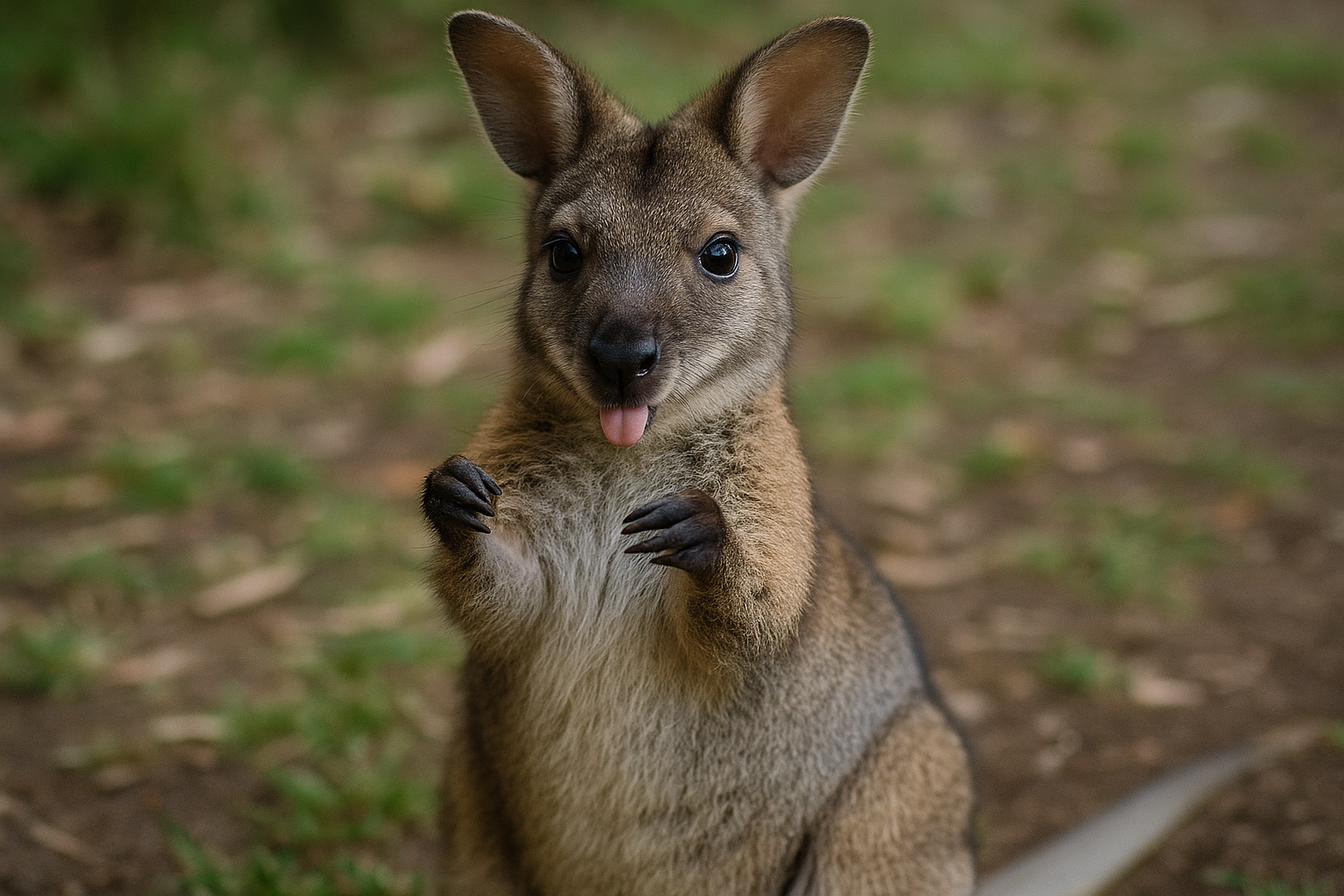
Wallabies, small to medium-sized marsupials from Australia, are legal to own as pets in several states, including Wisconsin and South Carolina. These hopping herbivores require a spacious outdoor area with secure fencing to roam and graze safely. Wallabies thrive on a diet of grasses, vegetables, and specialized pellets, and they require companionship, either from other wallabies or regular human interaction. Their social nature and unique locomotion make them fascinating pets, but they also demand significant time and resources. Prospective owners must be committed to providing an environment that meets their physical and social needs, ensuring a healthy and happy life for these charming creatures.
The Intelligent African Grey Parrot
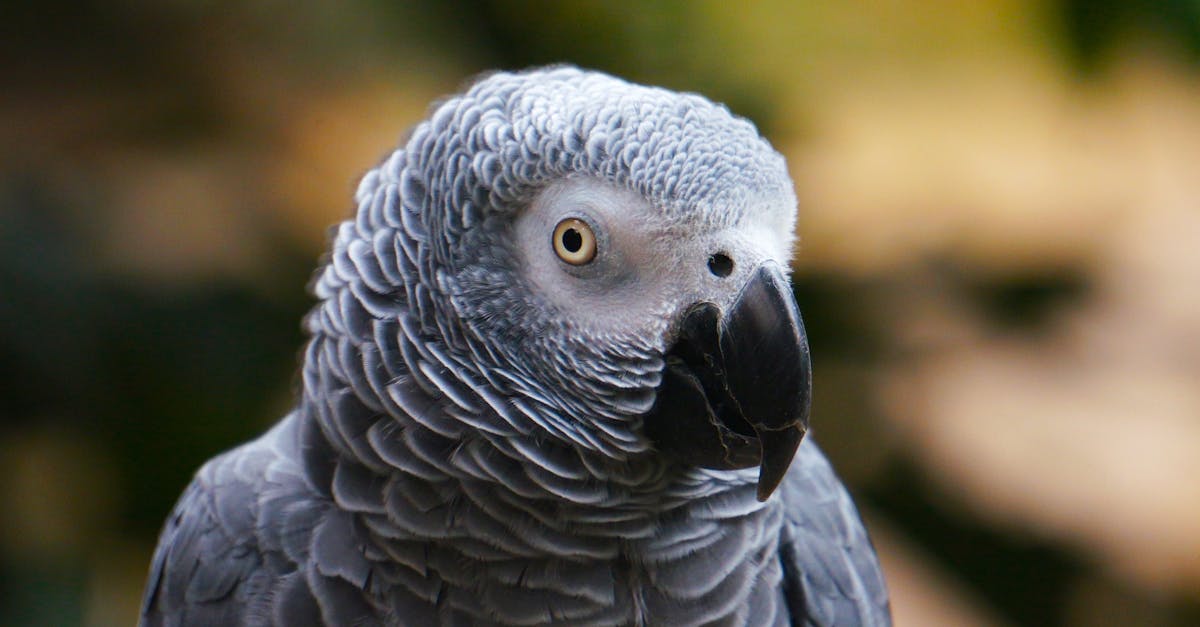
Renowned for their intelligence and ability to mimic human speech, African grey parrots are legal to own in many regions, including the U.S., under specific licensing. These birds require a spacious cage, a varied diet of seeds, fruits, and vegetables, and plenty of mental stimulation to prevent boredom. African greys are highly social and form strong bonds with their owners, necessitating daily interaction and engagement. Their cognitive abilities and social nature make them rewarding pets, but they also require a long-term commitment, as they can live for over 50 years. Potential owners should be prepared for a lifelong companionship filled with interaction and mutual learning.
The Responsibility of Exotic Pet Ownership
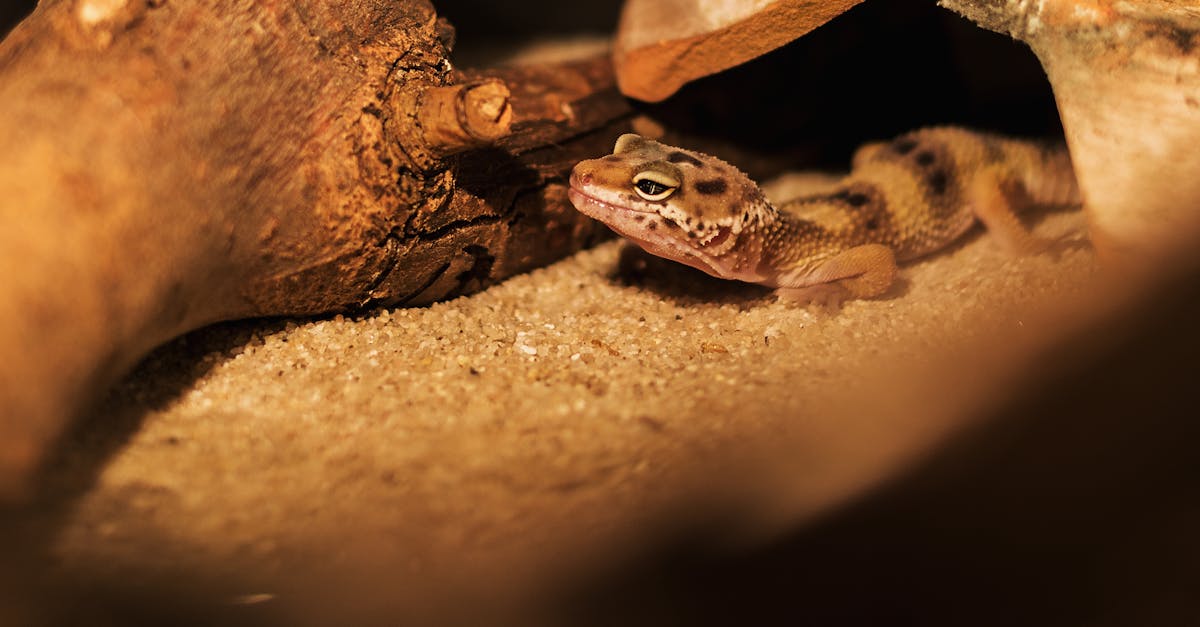
Owning an exotic pet is a significant responsibility that extends beyond the initial allure of having a unique animal companion. Each of the species discussed requires specialized care, a deep understanding of their natural behaviors, and a commitment to meeting their complex needs. Legal ownership often involves navigating a web of regulations and ethical considerations, ensuring that the welfare of the animal is prioritized. While these exotic animals can bring joy and fascination into a household, potential owners must be prepared to invest time, resources, and education to provide a suitable environment. Ultimately, responsible exotic pet ownership can lead to a rewarding and enriching experience, benefiting both the owner and the animal.


